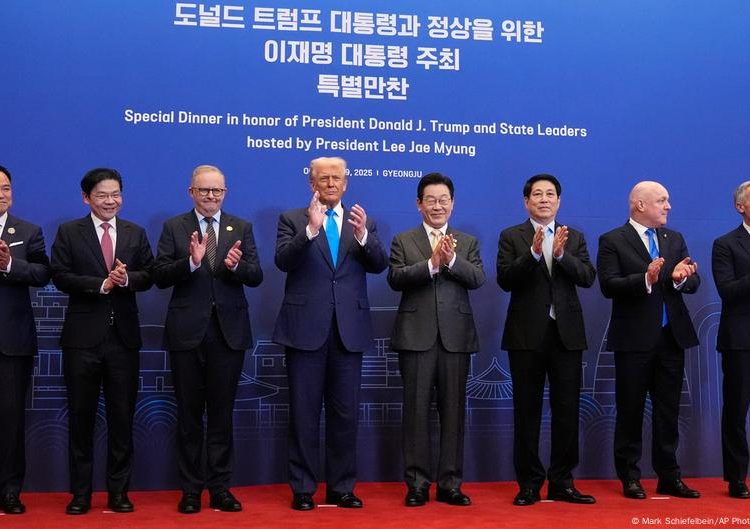
Getty
The marketing startup Postscript has heard a lot of concerns from customers about how tariffs have affected them.
Now, it’s dedicating $2.5 million in an effort to help.
Postscript builds SMS marketing software for e-commerce brands and primarily targets small and midsize businesses on Shopify. Many of those brands import goods to be sold in North America.
Alex Beller, Postscript cofounder and president, told Business Insider that when the government announced the tariffs, Postscript started talking to customers and other e-commerce leaders to gauge how the industry would be affected. Some wouldn’t be affected because they held inventory in the US, they had already diversified their supply chain, or they had a high-margin business to begin with.
However, others were concerned.
“What we eventually arrived at was that there’s a lot of pain coming for the entire industry,” Beller said. “And the expectation for these brands, the impacted ones, is that they’re going to try to pull every lever they can to spread the pain out.”
Some brands said they would raise prices on their products, while others said they would negotiate more favorable costs with their manufacturers. Some brands said they would thin out their teams or cut their marketing budgets, while others would look to renegotiate their terms with partners like Postscript.
The startup’s tariff relief comes in a few different forms. It permanently lowered its rates for new and existing customers using its self-service platform. It’s making its new AI tools free for the quarter. For new customers, it’s charging carrier fees only for the quarter. It’s offering thousands of dollars in cashback through its Fondue service. And, it introduced a new wind-down clause into its contracts in case tariffs hurt a business so much that it needed to go out of business.
All told, its commitments represent about $2.5 million in costs. Beller said that while Postscript will take a revenue hit from these offerings, it’s worth it to build loyalty among its customers.
“We need to step up and proactively absorb our fair share,” Beller said. “We feel like that’s the customer-first thing to do.”
Preparing for ‘ripple effects’ from tariffs
While brands take a direct hit from tariffs in the form of increased costs, e-commerce software companies are also closely monitoring the situation. If brands cut technology costs, software companies could suffer.
“The ripple effects are going to be there for a while,” Beller said. “There’s certainly concern about downstream impact to the broader e-commerce market.”
Jeremiah Prummer, the CEO of e-commerce software companies KnoCommerce and Stamped, previously told BI that many merchants are cutting costs due to tariffs.
“Anybody who’s building on the Shopify ecosystem is struggling with losing business because of tariffs — or if not losing business, actively cutting costs for our customers,” Prummer said. “Ultimately, our customers are the ones that are affected by tariffs, and it’s Shopify’s customers, too.”
For now, consumer spending doesn’t seem to be suffering too drastically. Shopify itself struck an optimistic tone about the impact that tariffs would have on its business during its earnings call on May 8.
US Treasury Secretary Scott Bessent said Monday that China and the US agreed to reduce some tariffs for 90 days. During this time period, tariffs on Chinese goods would decrease from 145% to 30%.
Though the news likely gave many brands some relief, Postscript plans to continue with its plans because many are still navigating uncertainty in their supply chains and need short-term cash solutions, Beller said.
Have a tip? Contact this reporter via email at [email protected] or Signal at @mlstone.04. Use a personal email address and a nonwork device; here’s our guide to sharing information securely.
The post Tariffs are hitting e-commerce brands, so Postscript is eating some costs to keep them afloat appeared first on Business Insider.




